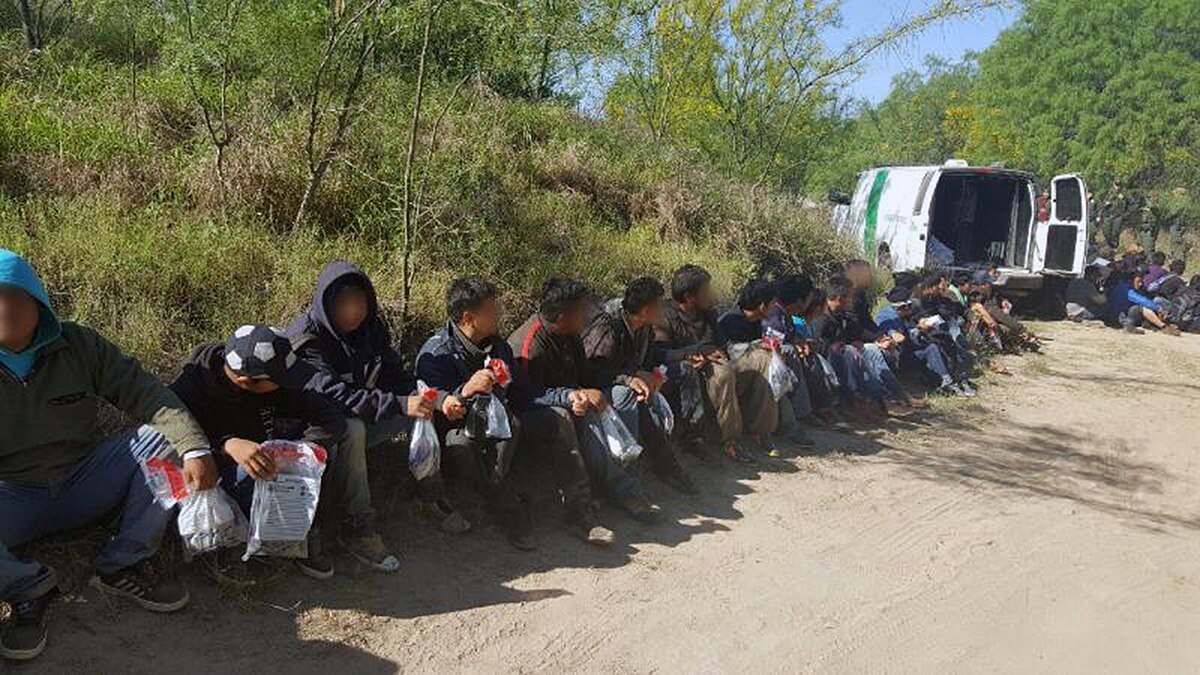- 14 3402-5578
- Rua Hygino Muzy Filho, 737, MARÍLIA - SP
- contato@latinoobservatory.org
 U.S. Customs and Border Protection
U.S. Customs and Border Protection
According to a study by Syracuse University's Transactional Records Access Clearinghouse (TRAC), 60.7% of the 38,863 immigrants currently detained by U.S. Immigration and Customs Enforcement (ICE) have no criminal record. Among those with criminal records, many were arrested for minor infractions, such as traffic violations. These findings question the narrative that ICE's detention system is focused on individuals with significant criminal histories.
The number of detainees in ICE centers has been increasing, with an increase of 1,500 individuals in October compared to September. Most of these detainees are concentrated in three states: Texas, Louisiana and California. The largest detention center, in Adams County, Mississippi, houses a daily average of 2,067 individuals. The analysis also points to a potential increase in the number of detainees, as Donald Trump intends to massively expand the capacity of detention centers as part of his mass deportation policy. This plan would include doubling the 41,000 beds currently available and reopening closed facilities. Sites in major cities with high immigrant populations, such as Los Angeles, Chicago and Miami, are being considered for new facilities.
In response, immigrant advocacy groups have
mobilized to pressure current President Joe Biden to reduce the capacity of
detention centers before Trump's inauguration. The Detention Watch Network is
leading the call for the government to grant humanitarian parole to vulnerable
migrants, such as those with physical or mental health matters, who are
awaiting decisions from immigration courts. According to the Latin Times, the
letter sent by these groups emphasizes the urgency of
protecting the rights and dignity of millions of people in the face of
impending changes.











